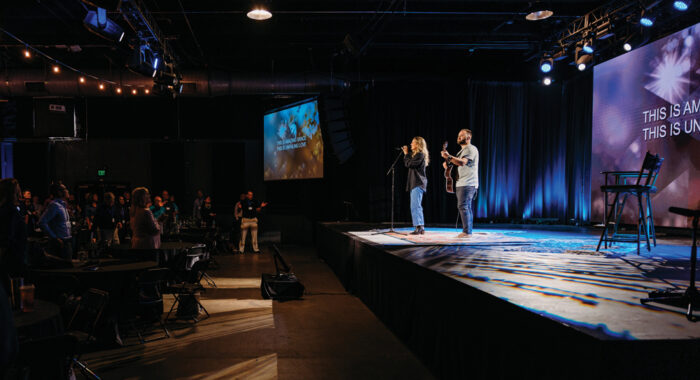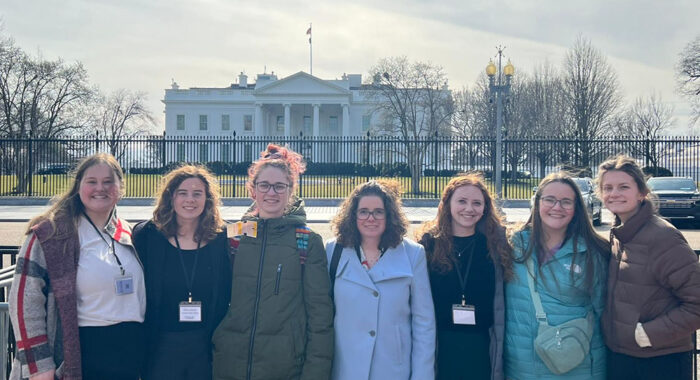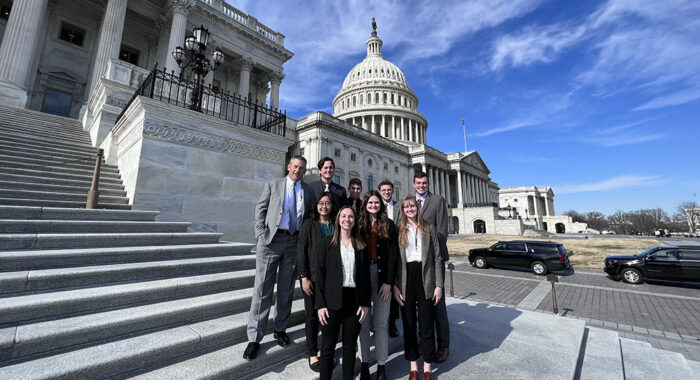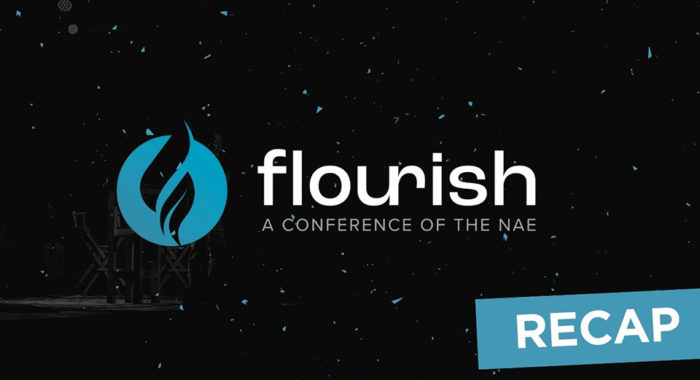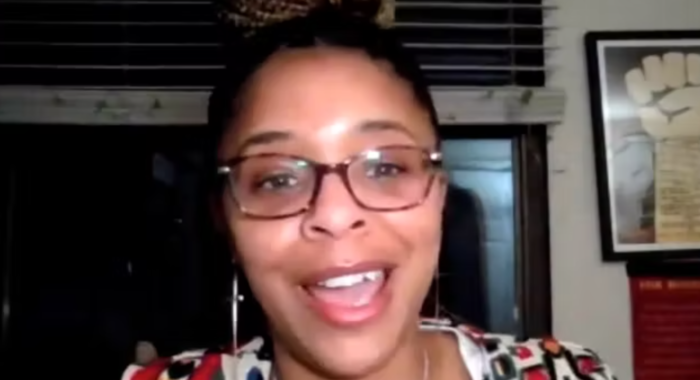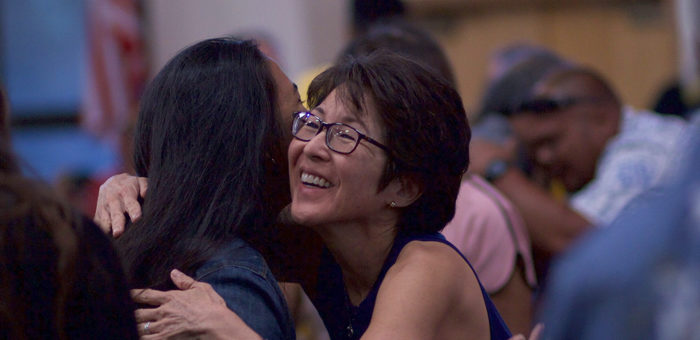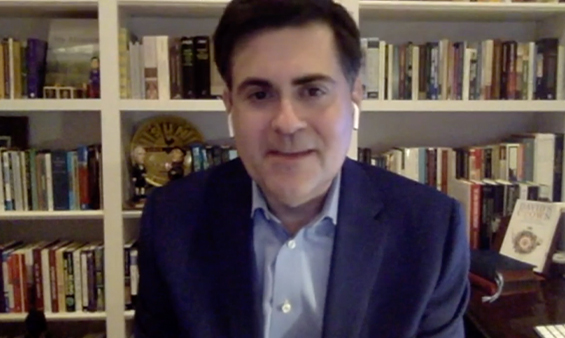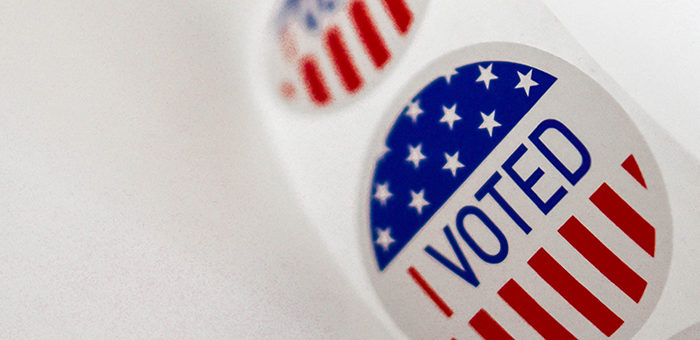
Jimmy Carter was the first president to identify himself as a “born again” Christian. Since then U.S. presidents have been identified with evangelicals by political scientists and the media, to varying degrees. According to the January Evangelical Leaders Survey, 83 percent of evangelical leaders do not believe evangelicals in America should be identified with the person and policies of the current president. The leaders’ comments clarify that most don’t think evangelicals should be identified with any president.
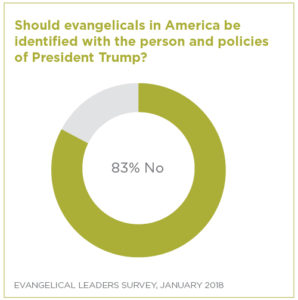
While comments are not required, 90 percent of the NAE leaders added statements to their yes or no answer for the question, “Should evangelicals in America be identified with the person and policies of President Trump?”
“Evangelicals should be identified with the person and priorities of Jesus and his kingdom,” said Alan Robinson, national director of Brethren in Christ U.S. “Sadly, however, it seems like the majority of our current society identifies evangelicals with political people and parties rather than with Jesus and his teachings. Even sadder is that many evangelicals have provided society with reasons for this misidentification.”
Likewise, Don Morris, national director of the U.S. Conference of Mennonite Brethren, said, “True evangelicalism is not a political platform. It is a lifestyle of following Jesus and his mandate to ‘go and make disciples.’ That evangelicals are linked with the political right is not a good thing at all. I say this even though I am a solid conservative.”
Several leaders noted the importance of being nonpartisan or bipartisan — supporting policies that are in line with biblical values while critiquing policies that diverge from gospel teaching. Gabriel Salguero, president of the National Latino Evangelical Coalition, said, “Evangelicals should not be solely identified with any politician or party. We should meet and work in a bipartisan fashion where our gospel values are represented through policy.”
Rich Nathan, senior pastor of Vineyard Columbus, warned, “I believe that the evangelical alliance with the current administration will result in the turning away of the Millennial generation and people of color from considering the Christian faith.”
While some leaders, like Nathan, noted negative consequences of evangelicals politically identifying with the current president, others offered praise for certain policies or appointments of President Trump.
George Wood, chairman of the World Assemblies of God Fellowship, said, “There are many aspects of the current administration’s policies that are good for our country. As believers we are enjoined to pray for political leaders, and we should be doing that for the president no matter who he or she is.”
Anderson said, “Leaders may be on different sides of President Trump. But the large majority insisted that evangelicals should not be identified with any president or party.”
The Evangelical Leaders Survey is a monthly poll of the Board of Directors of the National Association of Evangelicals. They include the CEOs of denominations and representatives of a broad array of evangelical organizations including missions, universities, publishers and churches.



 View All Surveys
View All Surveys 











